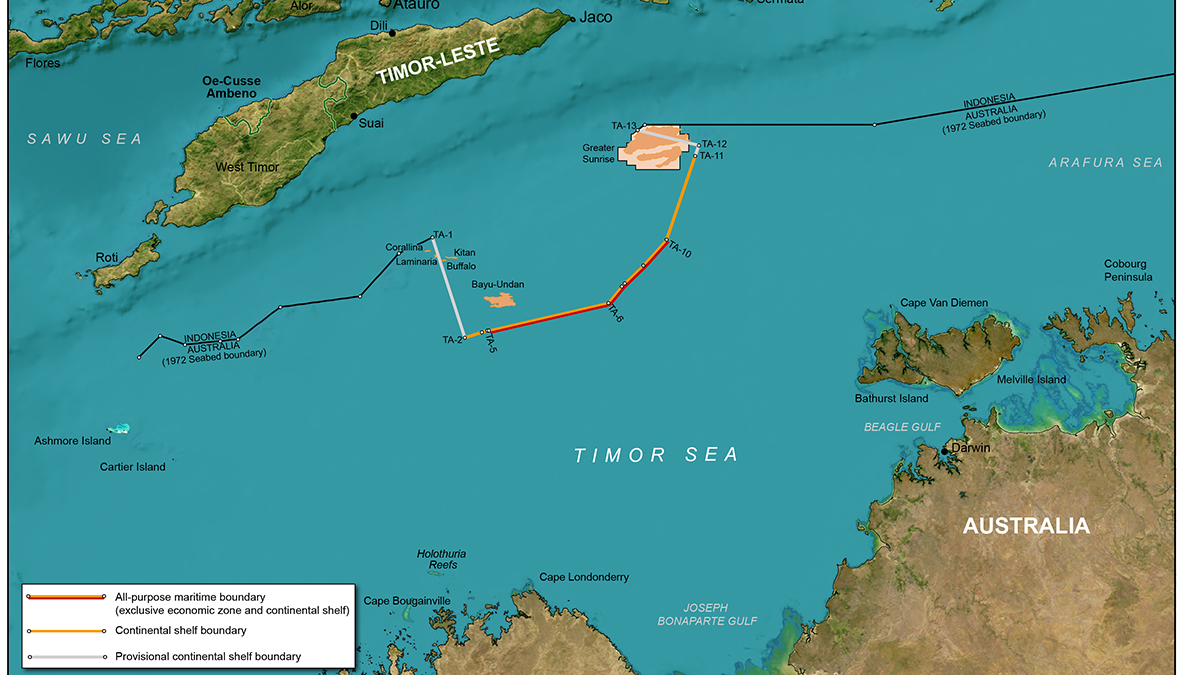Australia estimates it has revenues of between $ 1.8 billion and $ 7.1 billion from revenue from the Greater Sunrise fields in the Timor Sea.
The Australian Government’s estimate is part of the explanatory memorandum to the Australian Government’s legislative amendments to parliament that must be approved prior to the ratification in August of the permanent maritime boundary treaty with East Timor.
“The development of the Greater Sunrise fields is expected to yield Australia an estimated revenue of $ 2 to $ 8 billion over the life of the project,” the statement said.
“The revenue depends on the terms of the development concept to be agreed between Australia, Timor-Leste and the Greater Sunrise Consortium for the development of the Greater Sunrise fields,” he says.
Australia notes that “the exact financial benefit to Australia will depend on a number of factors, including the concept of development chosen, the project economics and current market prices for oil and gas.”
“The internal implementation of the Treaty benefits Australia and provides investors with security and stability in establishing an international legal basis for the continued development of major oil and gas deposits in the Timor Sea,” he said.
Canberra will debate and, predictably, approve in Parliament several diplomas that alter a broad package of laws.
At stake are at least three diplomas, the first of which was presented on November 28 of last year, on “Relevant Changes as a result of the Timor Sea Maritime Boundary Treaty”.
On July 4, a second amendment on passenger movements was presented, and a third tax bill was still pending, which is currently being negotiated with the affected companies and should be presented to parliament shortly.
In the explanatory memorandum, the Australian Government recalls that the treaty, signed on 6 March, “permanently delimits the boundary of the continental shelf and the border of the exclusive economic zone between Australia and Timor-Leste and allows the future adjustment of the limits of the continental shelf lateral conditions subject to specific conditions “.
One of the consequences of the treaty is the establishment of the Greater Sunrise Special Regime in the Special Regime Area, which provides for the “joint development, exploration and management of oil in the Greater Sunrise fields for the benefit of both States.”
From the entry into force of the Treaty – this is expected to occur on August 30, when the 20-year independence referendum is celebrated – “Timor-Leste will receive all future upstream revenue from oil activities in the oilfield of Kitan and the Bayu-Undan gas fields.
ASP // MIM


Stay connected